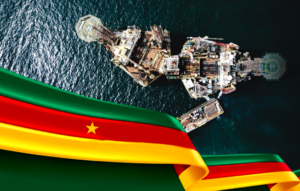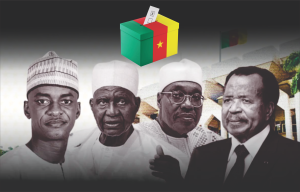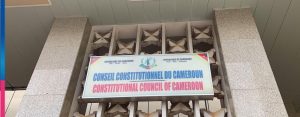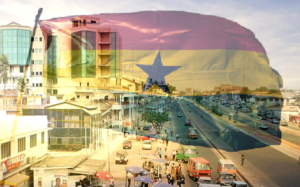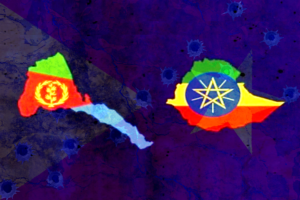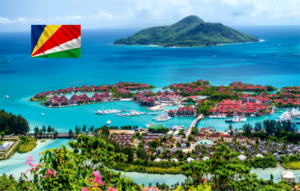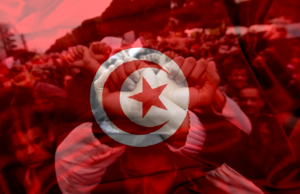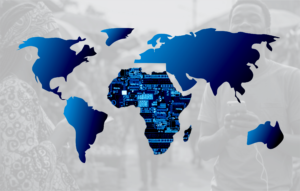Cameroon’s election board has barred the main opposition candidate from the upcoming presidential race
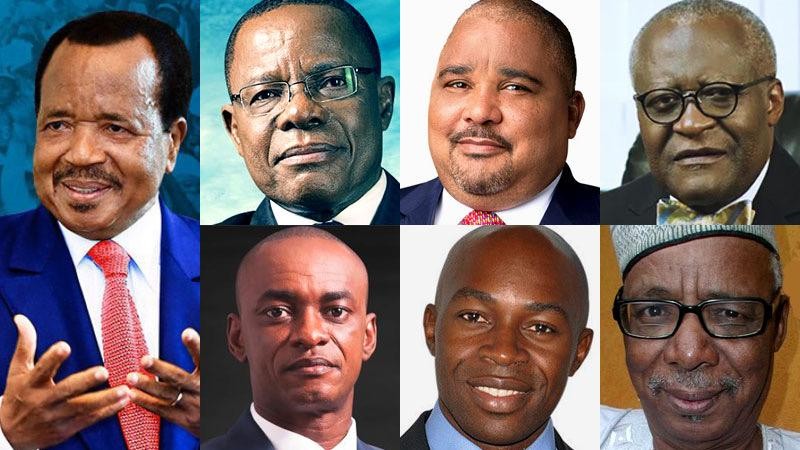
This decision means the leading challenger to President Paul Biya will not be on the ballot for the election. The move is likely to increase political tensions in Cameroon, where opposition parties have long accused the government of suppressing dissent and manipulating the electoral process.
![]()
Cameroon’s electoral commission on Saturday disqualified opposition leader Maurice Kamto from contesting in the upcoming presidential election, a move that has sparked concerns over potential unrest and heightened expectations of another term for longtime President Paul Biya.
Kamto, a former minister and the main opposition figure, was excluded from the list of 13 approved candidates released by the electoral commission, ELECAM. No explanation was provided for the rejection. President Biya, 92, was confirmed as a candidate.
Seen as Biya’s most credible challenger, Kamto finished second in the 2018 election with 14% of the vote, while Biya claimed a landslide victory with over 70% in a process widely criticized for irregularities and low voter turnout.
Kamto has two days to appeal the decision. His exclusion has drawn strong reactions from political observers and opposition parties, many of whom view the move as an attempt to suppress political competition and ensure Biya’s continued rule.
Biya, the world’s oldest serving head of state, announced in June that he would seek reelection in the October 12 vote, despite ongoing speculation about his deteriorating health. He has been in power since 1982.
Political Reactions:
Social Democratic Front (SDF): Joshua Osih, SDF’s National Chairman, called for an inclusive approach to ensure a peaceful political transition, emphasizing the need for proposals that would bolster the country’s democracy.
Cameroon Renaissance Movement (MRC): An MRC official dismissed the idea of forming a coalition among opposition parties, citing internal disagreements and the difficulty of uniting diverse political groups.
Cameroon People’s Democratic Movement (CPDM): The ruling party, led by President Paul Biya, condemned what it called a “campaign of denigration” against Biya and reaffirmed his status as the “natural candidate” for the election.
Cameroon People’s Party (CPP): Edith Kah Walla, CPP’s president, sharply criticized the situation and urged Cameroonians to take charge of their future and break out of the current political trap.
Reactions to Kamto’s Exclusion:
The decision to bar Maurice Kamto from the October 12 presidential race has triggered swift condemnation from opposition parties, civil society groups, and political analysts, many of whom see it as a calculated move to silence dissent and pave the way for another term for President Paul Biya.
Cameroon Renaissance Movement (MRC)
Kamto’s party described the exclusion as a “blatant attack on democracy” and accused ELECAM of acting under political pressure. “This is not an election. It is a carefully orchestrated charade to extend Biya’s 42-year grip on power,” an MRC spokesperson said, urging supporters to remain calm but vigilant.
Social Democratic Front (SDF)
The once-dominant opposition party expressed “serious concern” over the disqualification. “The absence of a key opposition figure undermines the legitimacy of the process,” said an SDF official. “Cameroonians deserve a transparent and inclusive election.”
Civil Society Groups
Several Cameroonian rights organizations criticized the lack of transparency in ELECAM’s decision. “No justification was offered, which signals institutional bias and reinforces public mistrust in the electoral process,” said a joint statement from local NGOs.
International Reaction
While foreign governments have yet to issue formal responses, regional analysts warn that Kamto’s exclusion may deepen political polarization and discourage voter participation. Some observers also fear potential protests or unrest in opposition strongholds.
Youth and Pro-Democracy Movements
Student unions and youth-led civic groups have also spoken out. One activist group, Citizens for Change, said the decision “confirms fears that Cameroon’s democratic space is shrinking.” They called for peaceful demonstrations and international pressure on the Biya government.
The exclusion of Maurice Kamto has heightened political tensions, with fears of unrest and increased security in major cities. The United Nations has also warned of possible protests following the announcement.


